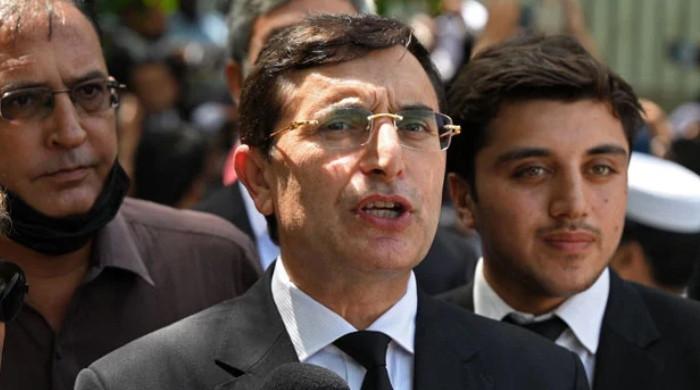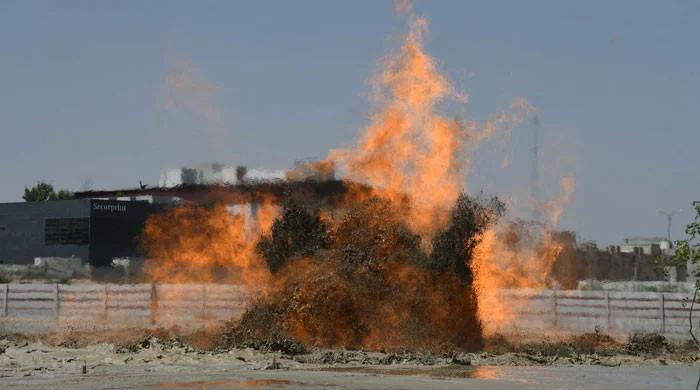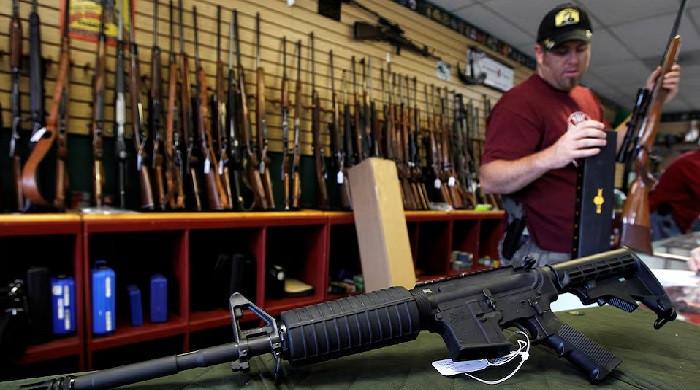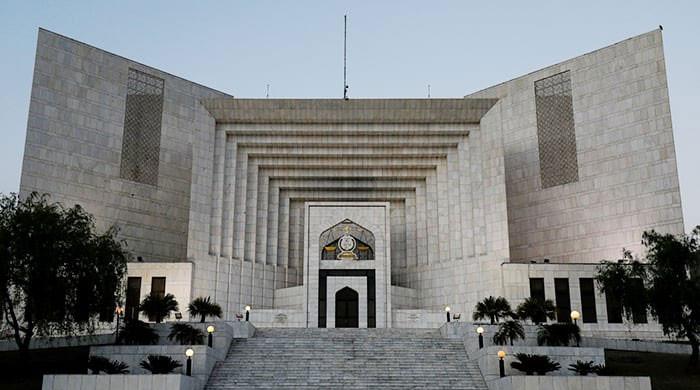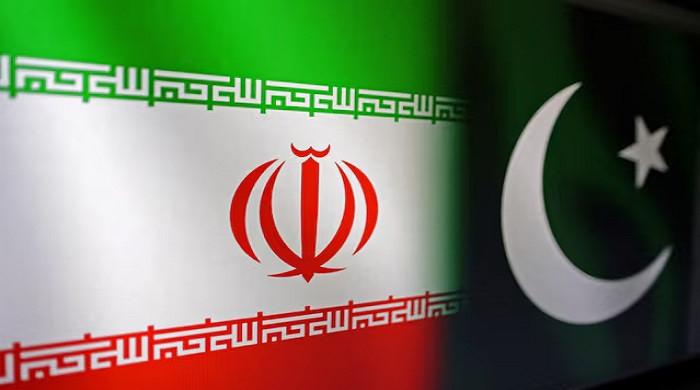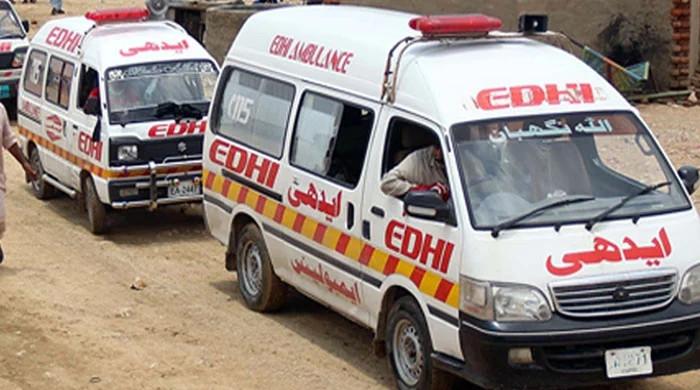Policeman in Karachi uses jirga to escape conviction
In 2004, a single bench of the Sindh High Court declared all trials conducted by jirgas in Sindh as illegal and unlawful
January 15, 2018
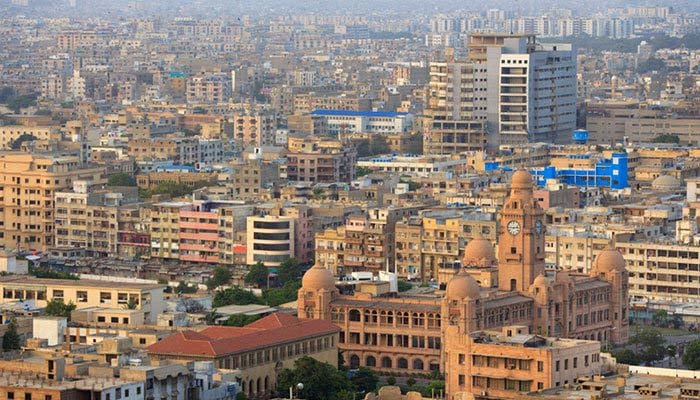
On December 12 last year, a jirga was held in the Mominabad area of Karachi to settle a dispute over the murder of Rehan, a teenaged boy.
The council was presided over by a man, who dealt in illegal Iranian fuel. Others present in his drawing room were the teenager’s father, Fida Hussain Shah, police officer Mumtaz Marwat, who was the accused, a few locals and a councillor. From the moment it began, it was clear that the debate would be one-sided. Police had already been pressuring the father to forgive Marwat, the local Station House Officer, for killing his son. The jirga, a tribal system of justice wherein a council of elders decides the case, was a further attempt to compel him to drop the charges.
Shah’s 14-year-old son was cold-bloodedly gunned down a month before. The incident began with Tahir, a drug peddler, who was also on the payroll of the Mominabad police as an informer, according to an investigation report available with Geo.tv.
While working, Tahir became involved with a young girl from the area. Enraged residents protested. Sensing trouble, Tahir called in the help of his uniformed friends, including Marwat. “When the SHO arrived, he began thrashing the young men in the area,” reads the report, “As more and more people began gathering around him he opened indiscriminate fire, which killed Rehan who was passing by.”
Marwat initially tried to convince his department that the boy he shot dead was a drug addict. When the truth began to emerge, he fled. Eventually, his friend convinced him to return and let a jirga decide his fate.
“The jirga elders forced Shah [the father] to pardon the accused and accept Rs0.5 million,” disclosed a participant.
Shah is originally from Mansehra, Khyber Pakhtunkhwa, and works in Karachi as a day labourer. “I didn’t have a choice,” he says, “I am a poor man and I have one other son and daughter to look after.”
However, Marwat denies that any compromise was reached. “The father of the boy never said that he was killed by a police officer,” he told Geo.tv over the phone, adding that, “We were there that day chasing drug traffickers.”
The councillor, who attended the jirga, could not be reached for comment. However, other participants Geo.tv spoke to confirm his presence.
Jibran Nasir, a human rights activist, questions why these men who committed murder and abused their powers haven’t been dismissed, “The way the police killed a 14-year-old certainly merits that they should have been charged under the terrorism law.”
In 2004, a single bench of the Sindh High Court declared all judgments by jirgas in Sindh as illegal and unlawful.
It further ordered the police to ensure that appropriate action is taken to prevent the holding of such tribal councils in their areas of jurisdiction.
However, in this case, the police themselves used the prohibited system to escape conviction.
Khan is a Karachi based journalist. He tweets at @NKMalazai




